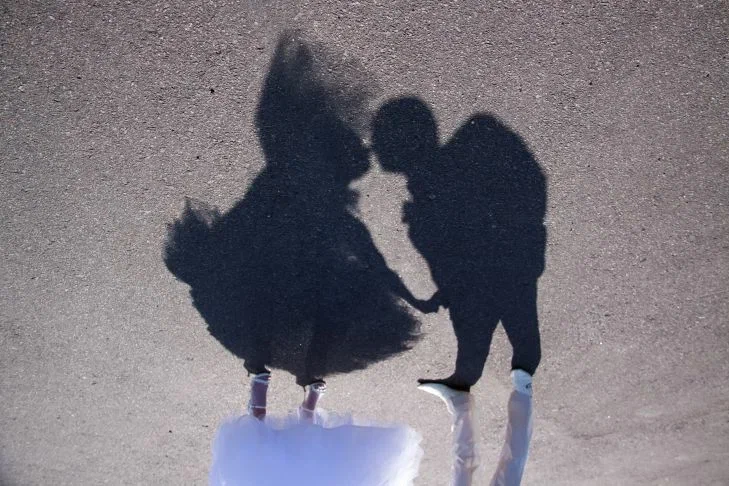She liked a photo of him from five years ago. He responded with a smiley. A month later, they were secretly meeting at a hotel.
"Digital flirting is a slow poison," says MIT's Dr. Sherry Turkle , who has studied cyber-infidelity for 10 years.
Her research for The Wall Street Journal found that 63% of couples consider likes to be "innocent," but 41% of divorces start with a "You look great!" comment under a photo.

Why is it dangerous?
Neuropsychologist Judy Ho explains: "A 'like' activates the reward circuit of the brain. The person gets a hit of dopamine and wants more.
It's like chips: one won't fill you up, but after eating a pack you feel guilty."
Not everyone flirts consciously
Psychologist Ramani Durvasula writes in her book Should I Stay or Should I Go?: “Many people view social media as a game. They don’t plan to cheat, but the algorithms push them to the edge.”
What to do
1. The Digital Transparency method will help. Dan Egan, the creator of the Couply app, advises auditing your subscriptions together.
Set a rule: no likes on half-naked photos. Ask your partner what attracts them.
Psychotherapist Emily Nagoski warns that restrictions cause rebellion. So simply asking how your partner feels when they like someone else's photo can save a marriage.
2. Another method is “Digital Detox”.
Turn off notifications on the weekend. A study from the University of Cambridge found that couples who spend 48 hours without social media are 30% less likely to argue over jealousy.
But there is a downside. After deleting all applications, the partner may start checking the phone for "hidden" accounts, but this is already mistrust.
